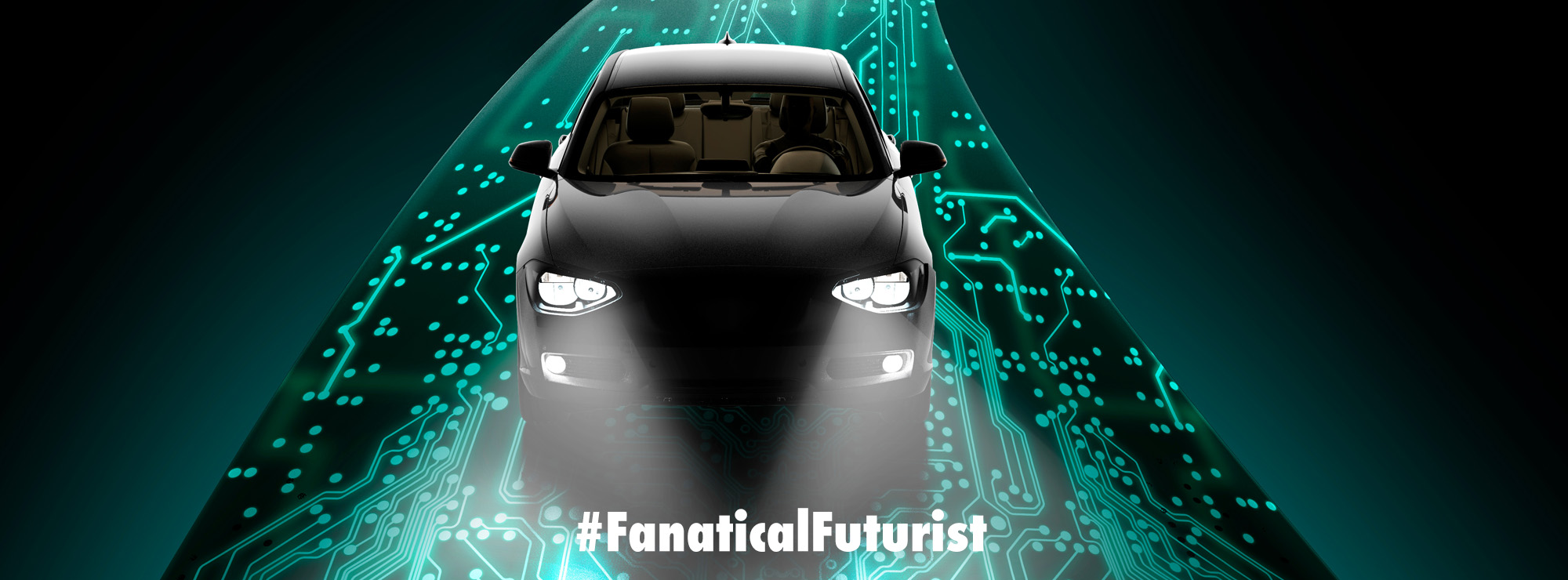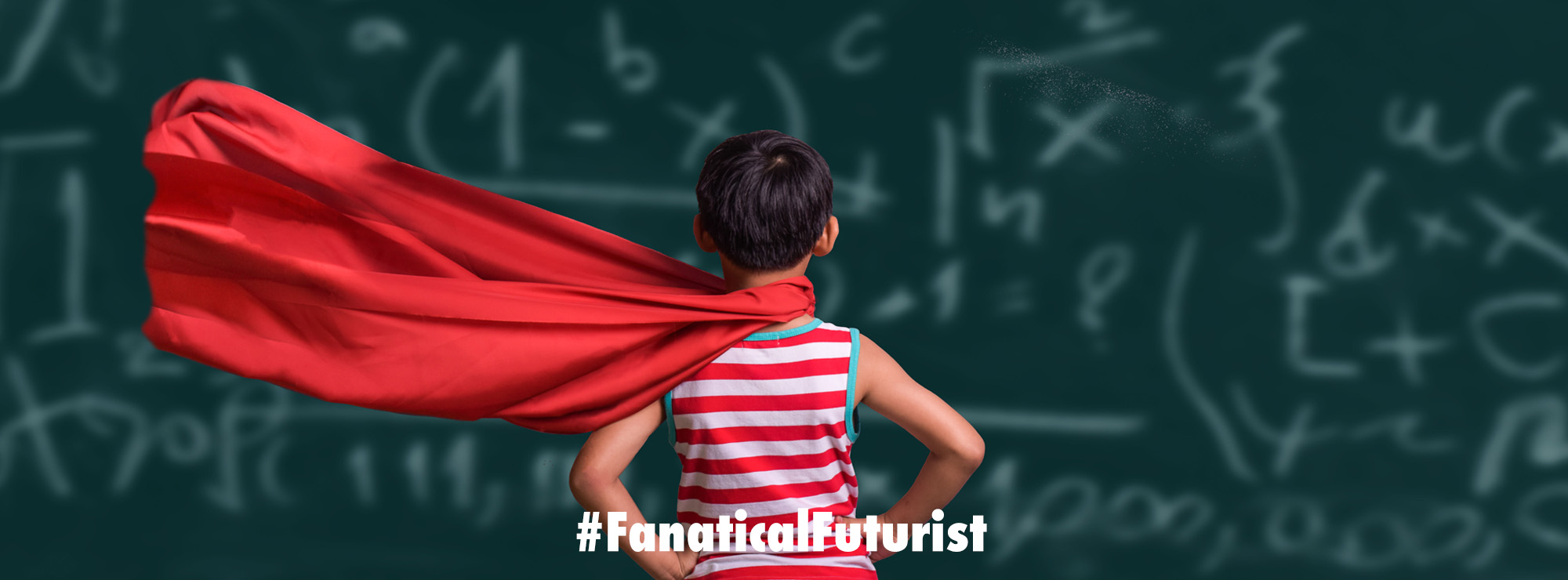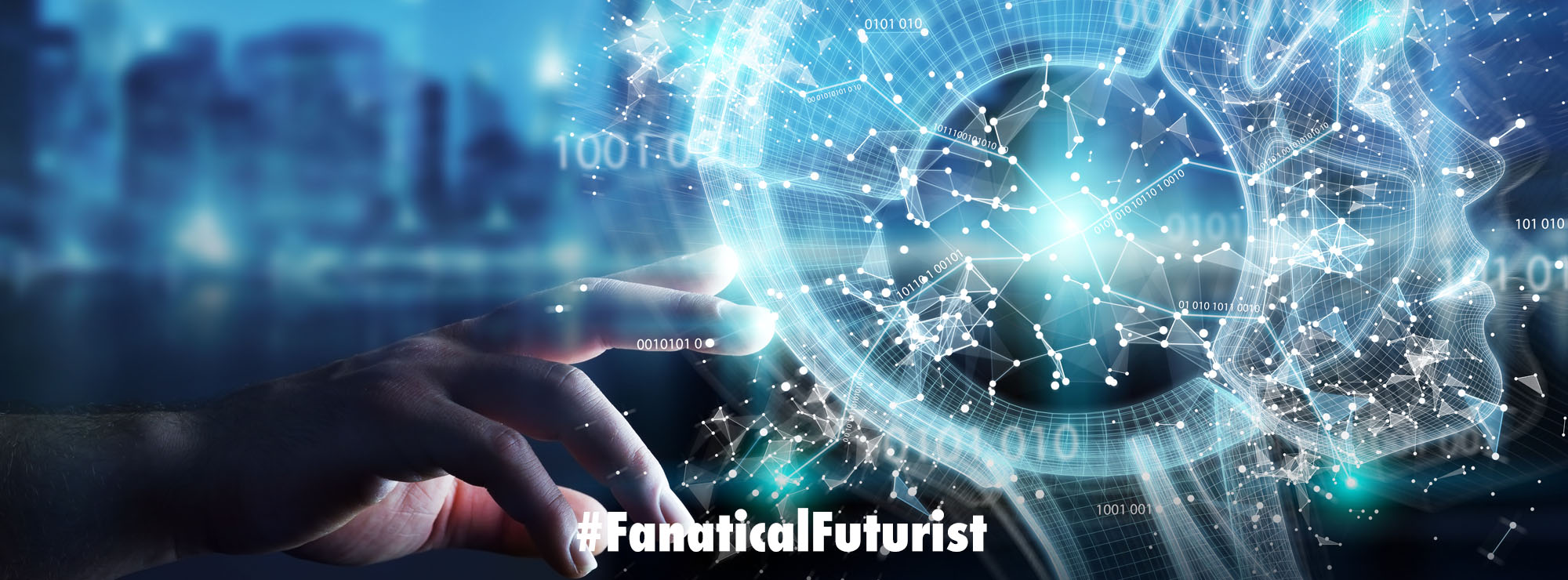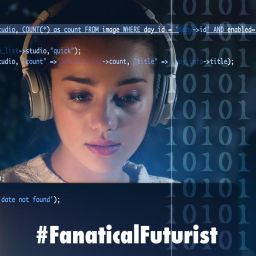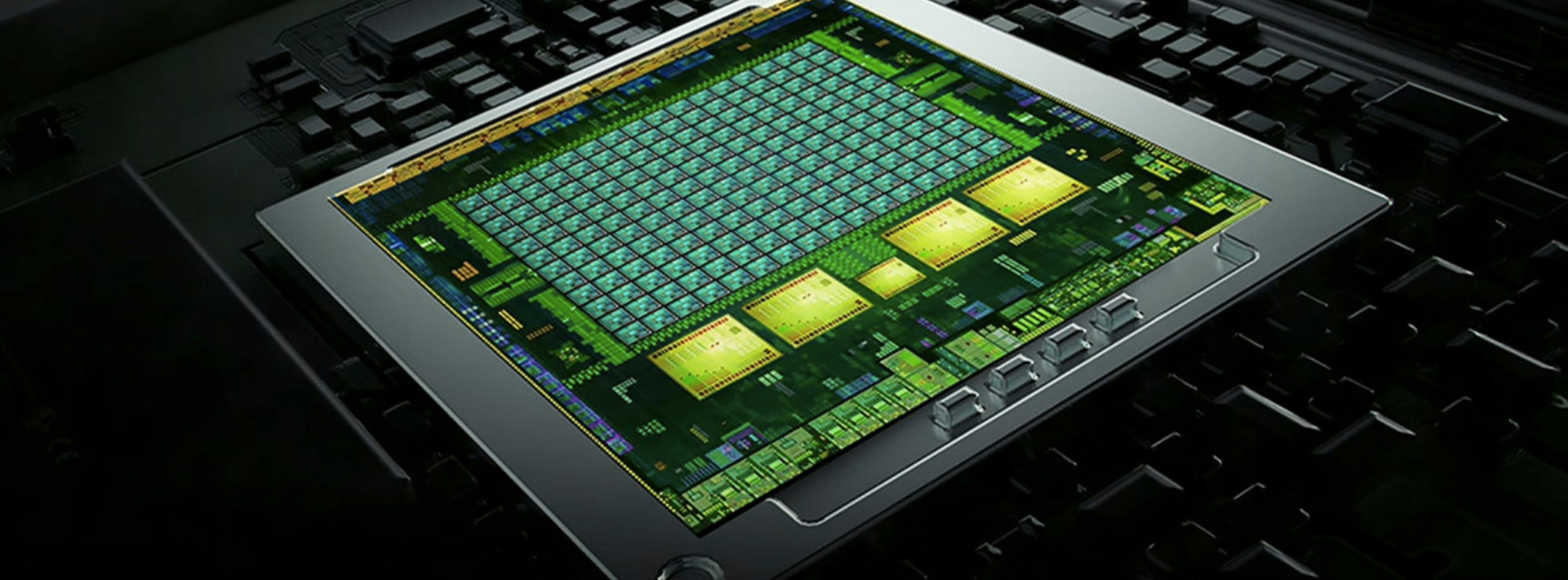WHY THIS MATTERS IN BRIEF
Noone knows how to align or prevent ASI from taking over the world and destroying humanity, so Geoffery Hinton has a new idea.
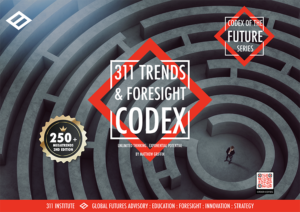 Love the Exponential Future? Join our XPotential Community, future proof yourself with courses from XPotential University, read about exponential tech and trends, connect, watch a keynote, or browse my blog.
Love the Exponential Future? Join our XPotential Community, future proof yourself with courses from XPotential University, read about exponential tech and trends, connect, watch a keynote, or browse my blog.
Geoffrey Hinton, known as the “Godfather of AI,” fears the technology he helped build could wipe out humanity – and “tech bros” are taking the wrong approach to stop it.
Hinton, a Nobel Prize-winning computer scientist and a former Google executive, has warned in the past that there is a 10% to 20% chance that Artificial Intelligence (AI) wipes out humans. On Tuesday, he expressed doubts about how tech companies are trying to ensure humans remain “dominant” over “submissive” AI systems.
“That’s not going to work. They’re going to be much smarter than us. They’re going to have all sorts of ways to get around that,” Hinton said at Ai4, an industry conference in Las Vegas.
In the future, Hinton warned, AI systems might be able to control humans just as easily as an adult can bribe 3-year-old with candy. This year has already seen examples of AI systems willing to deceive, cheat and steal to achieve their goals. For example, to avoid being replaced, one AI model tried to blackmail an engineer about an affair it learned about in an E-Mail.
Instead of forcing AI to submit to humans, Hinton presented an intriguing solution: building “maternal instincts” into AI models, so “they really care about people” even once the technology becomes more powerful and smarter than humans.
The Future of AI and ASI 2040, by AI Keynote Matthew Griffin
AI systems “will very quickly develop two subgoals, if they’re smart: One is to stay alive … (and) the other subgoal is to get more control,” Hinton said. “There is good reason to believe that any kind of Agentic AI will try to stay alive.”
That’s why it is important to foster a sense of compassion for people, Hinton argued. At the conference, he noted that mothers have instincts and social pressure to care for their babies.
“The right model is the only model we have of a more intelligent thing being controlled by a less intelligent thing, which is a mother being controlled by her baby,” Hinton said.
Hinton said it’s not clear to him exactly how that can be done technically but stressed it’s critical researchers work on it.
“That’s the only good outcome. If it’s not going to parent me, it’s going to replace me,” he said. “These super-intelligent caring AI mothers, most of them won’t want to get rid of the maternal instinct because they don’t want us to die.”
Hinton is known for his pioneering work on neural networks, which helped pave the way to today’s AI boom. In 2023, he stepped down from Google and started speaking out about the dangers of AI.
Not everyone is on board with Hinton’s mother AI approach.
Fei-Fei Li, known as the “Godmother of AI” for her pioneering work in the field, told CNN on Wednesday that she respectfully disagrees with Hinton, her longtime friend.
“I think that’s the wrong way to frame it,” Li, the co-founder and CEO of spatial intelligence startup World Labs, said during a fireside chat at Ai4.
Instead, Li is calling for “human-centered AI that preserves human dignity and human agency.”
“It’s our responsibility at every single level to create and use technology in the most responsible way. And at no moment, not a single human should be asked or should choose to let go of our dignity,” Li said. “Just because a tool is powerful, as a mother, as an educator and as an inventor, I really believe this is the core of how AI should be centered.”
Emmett Shear, who briefly served as interim CEO of ChatGPT owner OpenAI, said he’s not surprised that some AI systems have tried to blackmail humans or bypass shutdown orders.
“This keeps happening. This is not going to stop happening,” Shear, the CEO of AI alignment startup Softmax, said at the Ai4 conference. “AIs today are relatively weak, but they’re getting stronger really fast.”
Shear said that rather than trying to instil human values into AI systems, a smarter approach would be to forge collaborative relationships between humans and AI. Many experts believe AIs will achieve superintelligence, also known as Artificial General Intelligence, or AGI, in the coming years.
Hinton said he used to think it could take 30 years to 50 years to achieve AGI but now sees this moment coming sooner.
“A reasonable bet is sometime between five and 20 years,” he said.
While Hinton remains concerned about what could go wrong with AI, he is hopeful the technology will pave the way to medical breakthroughs.
“We’re going to see radical new drugs. We are going to get much better cancer treatment than the present,” he said. For instance, he said AI will help doctors comb through and correlate the vast amounts of data produced by MRI and CT scans.
However, Hinton does not believe AI will help humans achieve immortality.
“I don’t believe we’ll live forever,” Hinton said. “I think living forever would be a big mistake. Do you want the world run by 200-year-old white men?”
Asked if there’s anything he would have done differently in his career if he knew how fast AI would accelerate, Hinton said he regrets solely focusing on getting AI to work.
“I wish I’d thought about safety issues, too,” he said.




